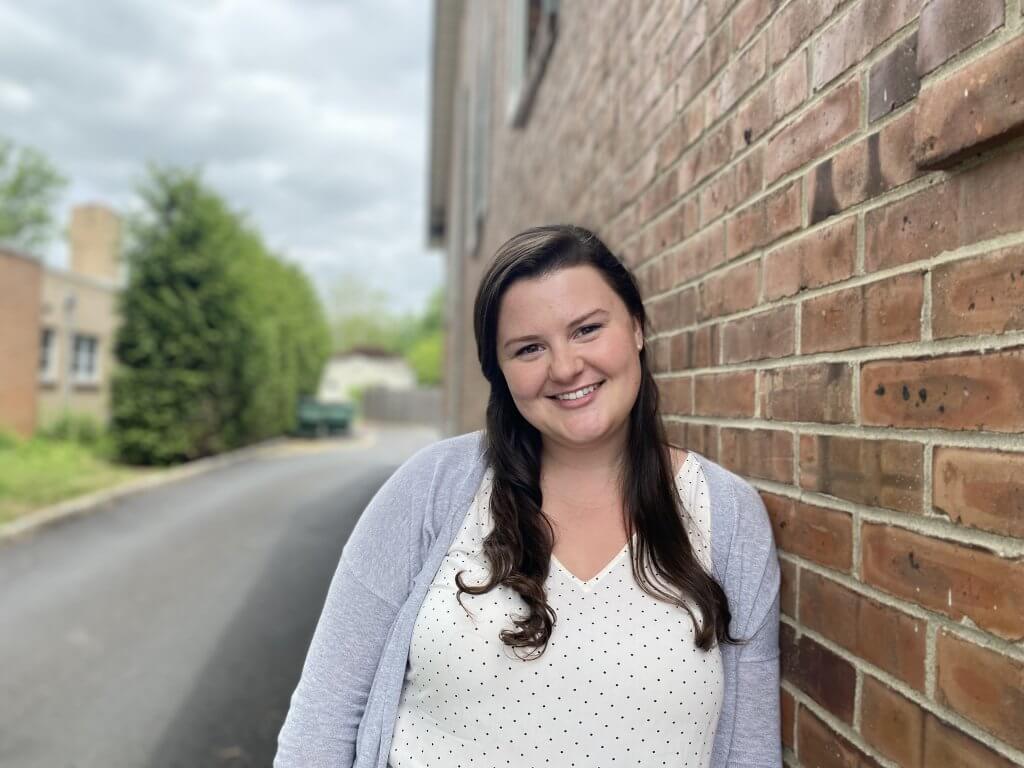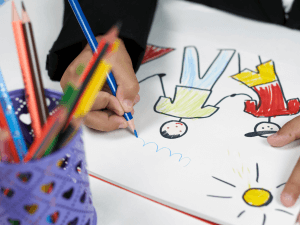Family therapy first established roots as a form of counseling between the 1950s-1960s. It had one focus: to understand the effects of family on loved ones with mental health diagnoses. Bringing the family into the counseling room was meant to help identify how they have affected the diagnosis of the identified patient. This method makes it easy to believe family therapy is only for a very specific purpose: to fix the “problem child” or manage a mental health diagnosis. Indeed, at times, family counseling was experienced as blaming of family members. Thankfully, family therapy has evolved from its original intention and now covers a variety of purposes and goals. In fact, family therapy today might be even broader than you guessed. Keep reading for answers to the questions “How does family therapy work today?” and “What are the benefits of family therapy in NJ?”
So What Is Family Therapy?

To start, family therapy is not only for the traditional “family unit”. It can include many individuals, from different generations, families, friends that you’ve chosen to make family, and more. Family therapy is a creative problem solving method. A family therapist can bring a group of people together. They identify and externalize the issue at hand. You are not the problem. Neither are your loved ones. But you are the solution! So how does family therapy work to help you address family issues? Initially, the family therapist will help to figure out who might need to be involved in resolving the situation. For example, in my work as a family therapist in Branchburg, NJ, I often recommend a session with you and your partner. Without your children as observers, you can freely discuss differences in parenting styles. This is one of many benefits of family therapy in NJ.
Here are some other examples of how family therapy can evolve:
- A newly engaged couple and both sets of in-laws come together to discuss the pressure and hopes of your wedding planning process.
- Adult siblings may meet to discuss how to best prepare for an elderly parent’s aging process.
- A dad and his child (of any age) can work on their conflict management skills, similarities and differences.
- An individual and their long time friend schedule sessions to discuss a recent disagreement and how to balance boundaries while still having a loving friendship.
- A single parent, and their main childcare provider (i.e. a long time, much loved nanny) to discuss how to work together to manage a child’s special needs.
- Two roommates to discuss how to make their living environment more pleasant.
- Cousins who want to reflect on their extended family and the ways these relationships have impacted their values.
Altogether, the expanded possibilities for family therapy give respect to the diversity of relationships in our lives. This is why the answer to “How does family therapy work?” can be different for every family. Parents and children have an incredible bond, but our social support as human beings comes from a variety of different places. As a family therapist in New Jersey, I know that different people can play different roles in our lives. From siblings to “Aunties” to Chosen Family to multi-decade friendships, our loved ones come in all forms. They contribute to our values, our security and our growth as human beings. They help us raise our children and navigate dark times. When we run into an obstacle that involves them, we need them in the room. And we need a skilled family therapist in New Jersey that understands the power of relationships.
The Anxiety of Family Counseling in New Jersey
In addressing the question of how does family therapy work, I’m hoping that we’ve expanded the boundaries of what family therapy can be. When discussing the versatility of family counseling, our next consideration is NERVES. Although my title is Marriage and Family Therapist, I and many other family therapists in New Jersey often see individuals as well. In turn, in discussions about bringing loved ones into the counseling room, the “what-ifs” come up. These anxiety producing questions reveal the concerns about inviting loved ones into the therapy space. For example:
What-if…
they say no when I ask if they’ll come to family therapy?
they are hurt by what I have to say?
it’s awkward because we don’t typically talk about our feelings in this way?
Family therapy can be scary. You’re inviting someone to enter into a mutually vulnerable space to speak honestly about a variety of topics. One of these topics could be you. To those what-if questions, I challenge you to think about what could happen if you step into that vulnerability. What-if you attend family therapy?
What-if…
you gain a better understanding of each other?
you’re able to get ahead of the conflict and strengthen that relationship?
you left family therapy feeling more at peace because you were able to express yourself and be heard?
A good family therapist can help you navigate those questions. They can help you and your family – whoever they may be – to feel more comfortable in open discussion with one another. This can provide the needed opportunity to heal hurts and close wounds. You may find solutions to problems you hadn’t considered. Your extended family may finally understand a diagnosis or condition and be able to provide the support you need. Consequently, the possibilities are endless.
Conclusion
In conclusion, I hope this has been helpful in answering the questions “how does family therapy work?” and “what are the benefits of family therapy?”. Especially in New Jersey, there can be many family therapists to choose from. If you’re searching for a good family therapist in New Jersey, check out our other blog, “How to Find a Great Family Therapist”.
Begin Working With a Family Therapist in Scotch Plains or Branchburg, NJ
A family therapist is the best person to tell you about what family therapy is. Our caring therapists would be happy to help inform you about the many ways your relationships within your family unit can reap the benefits of family therapy in NJ. We offer support from our Scotch Plains and Branchburg, NJ-based practices. To start your therapy journey, please follow these simple steps:
- Contact Brave Minds Psychological Services
- Meet with a caring therapist
- Start improving your relationship
Other Services Offered at Brave Minds Psychological Services
Family Therapy isn’t the only service provided at our Scotch Plains and Branchburg, NJ-based therapy practices. Other services offered include parenting counseling, couples counseling, counseling for teens, online therapy, trauma therapy, anxiety treatment for children, child sexual abuse therapy, anxiety treatment for teens. We also offer teen social phobia therapy, adult anxiety counseling, counseling for parents, postpartum counseling, birth trauma therapy, sexual assault counseling for adults, and food allergy therapy.





